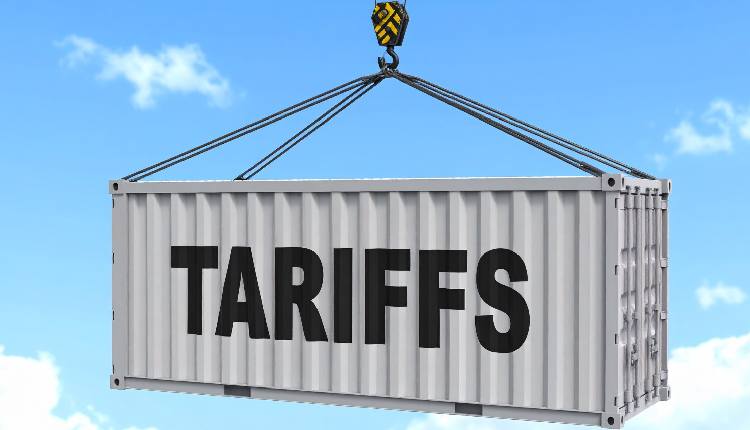Our Terms & Conditions | Our Privacy Policy
India’s Rejection Of Economic Coercion By US Strong Message To Developing Countries: Report
Washington: India’s rejection of economic coercion by the US through the imposition of a 50 per cent tariff on key Indian exports sends a strong message to other developing countries facing the challenges of globalisation and weaponisation of trade, a report cited on Saturday.
The firm stance taken by India underscores its commitment to economic sovereignty, at the cost of short-term gains.
“The way India has adopted a protectionist approach is more than economic prudence — it is a strategy to maintain social stability, food security, employment, and rural welfare, which are essential for India’s national development,” the India Narrative report highlighted.
According to the report, India’s resistance is driven by the need to protect its agricultural sector, which supports millions of rural livelihoods. With small-scale and marginal farmers dependent on agriculture, lowering tariffs on agricultural imports such as fisheries, dairy products, and genetically modified crops would significantly impact rural incomes, encourage market monopolization, and disrupt social cohesion.
In addition to agriculture, the report mentioned that tariffs will impact other key industries, including textiles, garments, gems, jewellery, and auto parts, which depend on the US market.
“Despite being faced with this situation, India has adopted a strategy to not depend on one market, but make a more resilient approach by diversifying its trade partnerships in a multipolar world order. It has expanded ties with the UK, the European Union, ASEAN, and the Global South coalitions, including BRICS and SCO,” the report detailed.
It further stated that Prime Minister Narendra Modi’s participation at the upcoming SCO Summit will mark an important shift in India’s foreign policy.
India, the report said, is responding not only through public statements but also by legally challenging the US tariffs at the World Trade Organisation (WTO). At the same time, India is upholding its commitment to the principle of rule-based international trade, and contesting what it views as “unlawful and unilateral punitive measures” by the US. This legal approach reinforces India’s alignment with other countries promoting fair practices in global commerce without bowing to coercive tactics.
“This situation accelerates diversification, strengthening legal assertiveness in global trade governance and underscores its commitment to control its own economic destiny. This posture shifts the India-US relationship into one of complexity, contestation, and sovereignty-focused engagement rather than unbridled market integration,” the report highlighted
India’s resolute stance against the US tariff pressure, the report mentioned, reflects not just reactive anger or reactionary nationalism but a careful judgment grounded in complex economic realities.
“By navigating a path that balances legal avenues, diplomatic outreach, and domestic protections, India is building a less Washington-centric and more multipolar global trade environment,” the report noted.
(IANS)
Images are for reference only.Images and contents gathered automatic from google or 3rd party sources.All rights on the images and contents are with their legal original owners.



Comments are closed.